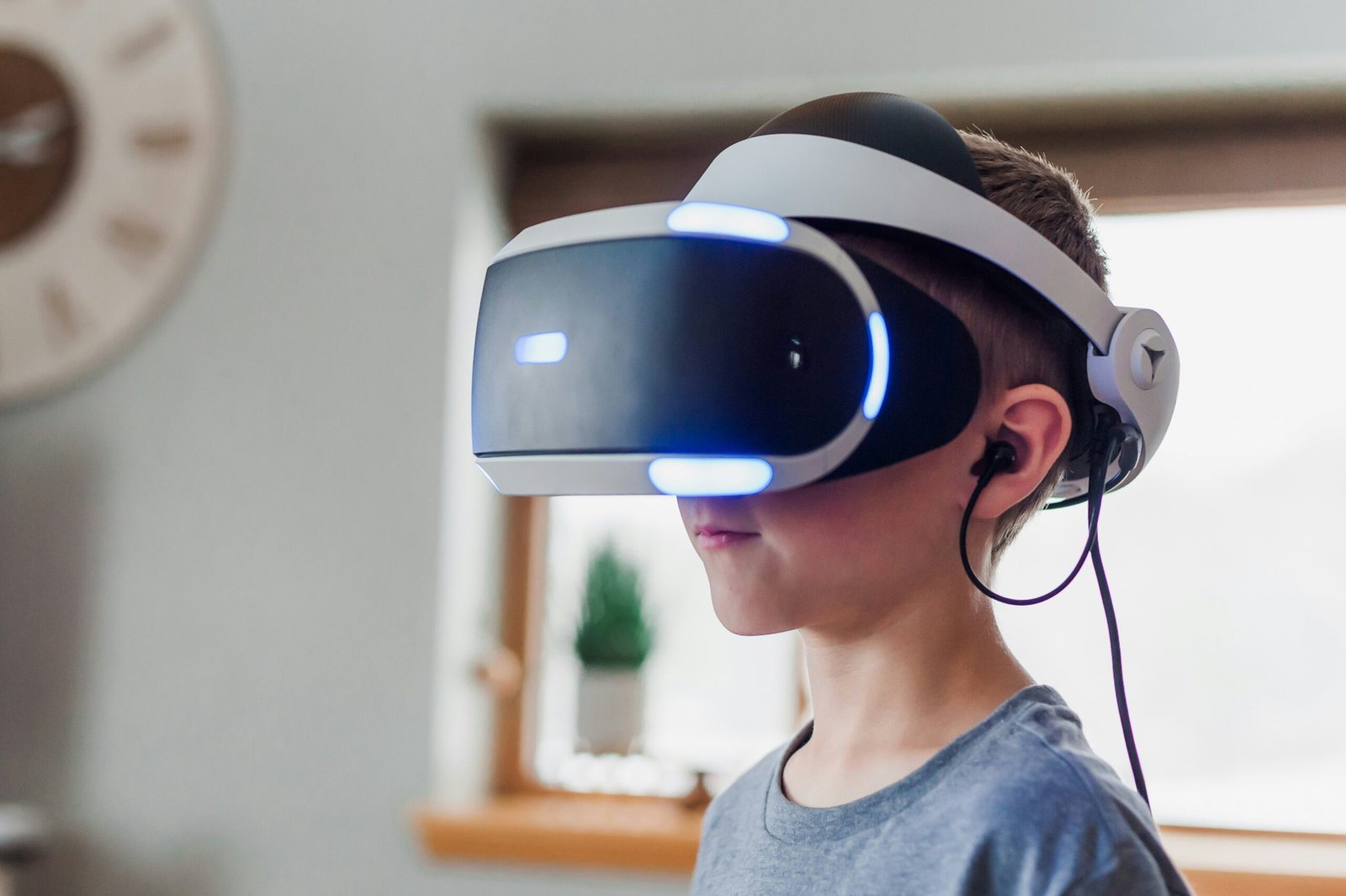The Rise of Virtual Reality: How VR is Changing Industries
Virtual Reality (VR) technology has made significant strides in recent years, revolutionizing various industries and transforming the way we experience the world. From entertainment to healthcare, VR is reshaping the way we interact, learn, and do business.
Enhancing Entertainment and Gaming
One of the most significant impacts of VR technology has been in the realm of entertainment and gaming. With VR headsets and immersive experiences, users can now step into virtual worlds and interact with them in ways never before possible. Whether it’s exploring fantastical landscapes, engaging in thrilling adventures, or participating in realistic simulations, VR has taken entertainment to a whole new level.
Gaming, in particular, has seen a massive boost from VR technology. Players can now fully immerse themselves in virtual environments, making the gaming experience more immersive and engaging. From shooting games to racing simulators, VR allows gamers to feel like they are truly part of the action, enhancing their overall enjoyment.
Revolutionizing Training and Education
VR has also found its way into the realm of training and education, offering new and exciting opportunities for learning. In fields such as medicine, aviation, and military training, VR simulations provide a safe and controlled environment for trainees to practice and refine their skills.
For example, medical students can now perform virtual surgeries, allowing them to gain valuable experience without the risk associated with real operations. Similarly, pilots can undergo virtual flight training, preparing them for various scenarios they may encounter in the air. By providing a realistic and immersive experience, VR has the potential to revolutionize the way we train and educate individuals across various industries.
Transforming Healthcare and Therapy
In the healthcare industry, VR is proving to be a valuable tool for both patients and healthcare professionals. Virtual reality has been used to alleviate pain and anxiety during medical procedures, such as chemotherapy sessions or dental treatments. By immersing patients in calming and distracting virtual environments, VR can help reduce stress and discomfort, improving the overall patient experience.
Additionally, VR has shown promise in the field of therapy. It can be used to treat phobias, PTSD, and other mental health conditions by exposing patients to virtual situations that trigger their fears or anxieties in a controlled and safe environment. This form of exposure therapy has proven to be effective in helping individuals overcome their fears and traumas.
Expanding Business Opportunities
Virtual reality is also opening up new avenues for businesses to connect with their customers. Companies can now create virtual showrooms, allowing customers to explore and interact with their products before making a purchase. This immersive experience can help customers make more informed decisions and enhance their overall shopping experience.
Furthermore, VR technology has the potential to revolutionize remote collaboration and communication. With the ability to create virtual meeting spaces, teams from different locations can come together and collaborate as if they were in the same room. This can lead to increased productivity and cost savings, as travel expenses can be significantly reduced.
The Future of Virtual Reality
As technology continues to advance, virtual reality is expected to become even more accessible and widespread. With the development of more affordable and user-friendly VR devices, the adoption of this technology is likely to increase across various industries.
In conclusion, virtual reality is transforming industries and revolutionizing the way we experience the world. From entertainment and gaming to training and healthcare, VR is opening up new possibilities and enhancing various aspects of our lives. As the technology continues to evolve, we can expect to see even more exciting applications and innovations in the future.







